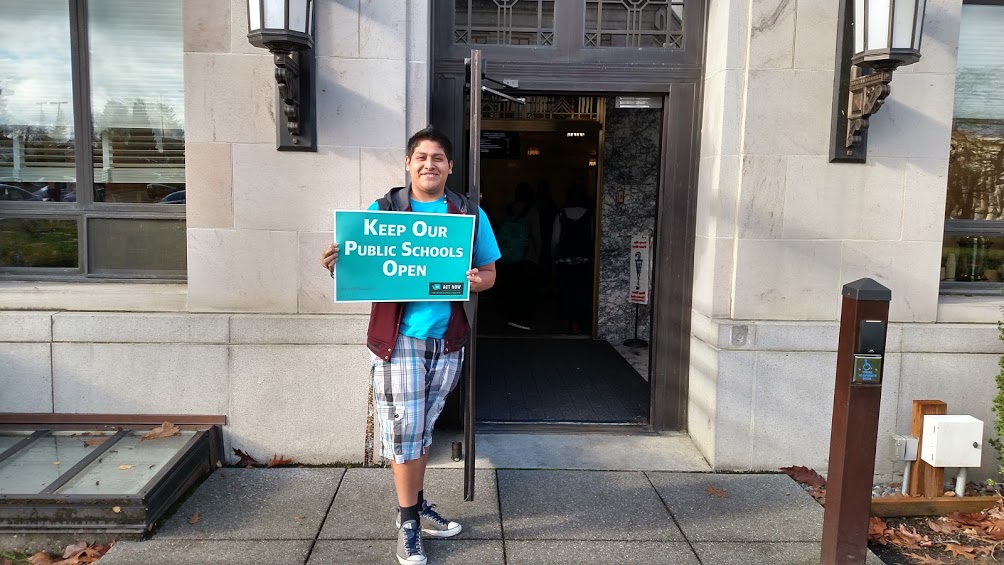This week National Public Radio launched an attack on charter school families in California who send their children to the popular and highly successful system of Rocketship schools. These public charter schools are located in the Silicon Valley and serve children from low-income, Hispanic and black families in the area.
Reporter Anya Kamenetz quotes with approval a union executive who sneeringly describes Rocketship’s high-quality instruction program as “doing all this homework, drill and kill, reading and math and then they say, our scores are higher, therefore we’re superior.” The union executive calls Rocketship’s professional recruiting policy, which does not require teachers to join his union, “a joke.”
While typical for a union activist, this hostile attitude is odd from someone who claims to represent the teaching profession. Normally practitioners promote higher professional standards in their work, instead of ridiculing colleagues who set high expectations for students.
Regularly assigned homework and higher standards in reading and math is why many families choose public charter schools to begin with. Parents send their children to Rocketship and other charter schools because they believe kids will receive a better public education there.
In tone, the National Public Radio reporter comes across as eager to join in the union’s attack on local charter school families. Anya Kamenetz’s critical reporting speaks from a position of privilege. Eighty-eight percent of students served by Rocketship are low-income, 56 percent are English language learners, 85 percent are Hispanic and African-American, and six percent are Special Needs students.
In NPR’s report these families are treated disrespectfully; their schools are deemed somehow less-than compared to traditional public schools. Yet the Rocketship teachers’ use of innovative approaches and computer learning have yielded significant academic achievement for students, as you can see here.
More distressing, however, is reporter Kamenetz’s rather superior attitude toward parents. She evinces little respect for the choices Rocketship parents have made, and she seems not to feel sympathy for the struggles of families assigned to schools that fail to educate children. Like all of us, these families are just trying to make it, and if parents believe a Rocketship public charter school will give their children better chance in life who is Anya Kamenetz (or any of us for that matter) to second guess them?
Thousands of families have enthusiastically enrolled their children in the Rocketship program. One father of five children, Enrique Esparza, travels over 100 miles a day to drive his children to and from a Rocketship public charter school.
Rocketship CEO Preston Smith responded to the NPR report, calling it a “hit piece,” noting the reporter included misleading information about bathroom breaks and scheduled play time. I think CEO Smith is right. Over 8,000 families have chosen Rocketship freely, instead of waiting to be assigned to a school based on zip code. A further 1,000 parents sit on waiting lists.
What is it about Rocketship’s program that makes it so popular? What are education officials doing to reduce waiting lists? Responsible journalism would have asked these questions, instead of highlighting a union executive whose complaint is that Rocketship teachers assign too much homework. Despite the politics, commonsense tells us that if Rocketship classrooms did not provide a good education they would soon be empty.
The same is true of the nascent charter schools in Washington state, which are proving popular with parents, are oversubscribed and must maintain extensive waiting lists.
Yet we can expect more attacks by hostile reporters and union executives against charter schools here in Washington state, because they do not approve of the choices these families are making for their children. Following a stinging defeat in the last legislative session, reports indicate union executives are preparing another lawsuit to close charter schools. Court filings are expected in the coming weeks. As in past cases, I plan to report on events closely as they unfold.
This report is part of WPC’s Charter School Follow-Up Project






